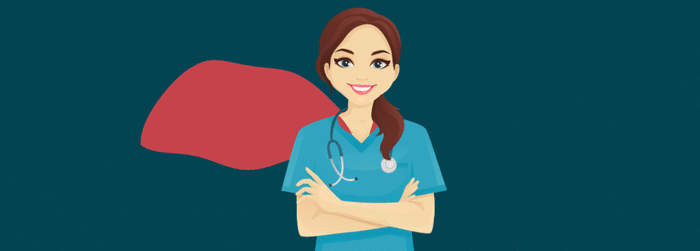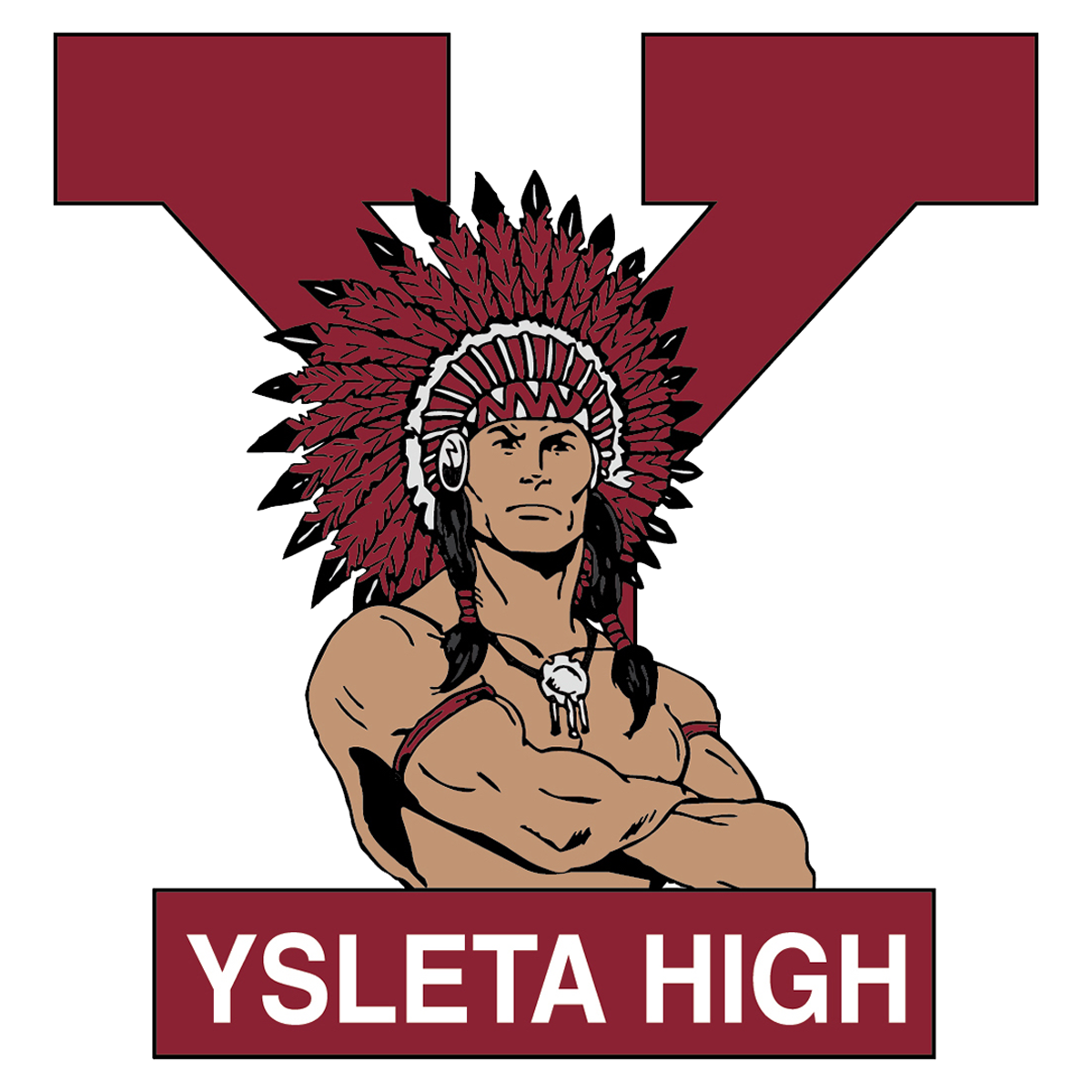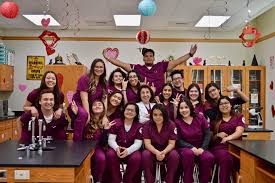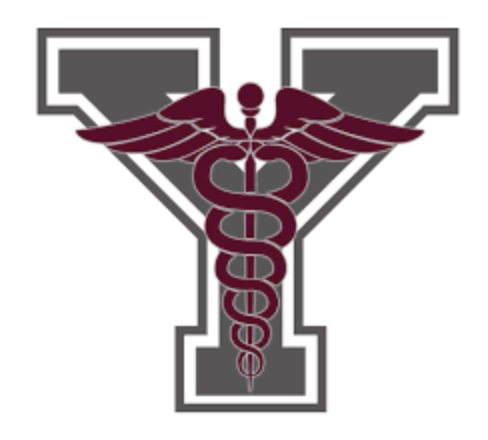Foundations in Health Science and Medicine
Unlike many industries that are losing workers the health care profession is growing rapidly. The U.S. Department of Labor expects that health care will generate 3 million new wage and salary jobs between 2008 to 2018 more than any other industry. The average entry-level health care worker earns from $15 to $50 per hour. The more experience you get in your field, the more money you can make.
Almost every region of the United States has a strong demand for healthcare professionals in a wide range of fields.
A career in healthcare can lead in many directions. A solid foundation is the first step towards embarking in such a rewarding endeavor.
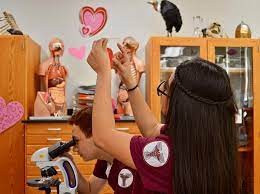
Medical Terminology
Students will learn comprehensive medical vocabulary imperative to effective communication in the healthcare community. Medical abbreviations and acronyms are coupled with relative medical conditions, disease and patient care.
Medical Microbiology
Students will learn the general workings of the clinical/medical laboratory. They will master primary staining techniques, learn to plate, culture, and identify various microorganisms. Case scenarios requiring additional knowledge of clinical laboratory test results are also taught at this level of the biomedical pathway underscoring the various perspectives of the healthcare community.
Anatomy and Physiology
Students will learn human anatomy and physiology beginning at the cellular level and correlate it with specific healthcare disciplines. The cours underscores the importance of healthcare practitioners' knowledge regarding the human body.
Pathophysiology
Students will focus on the functional changes that accompany specific diseases. They will incorporate the previous courses' knowledge in simulating the professional presentation of a patient with respect to their chosen future healthcare career.
Endorsement: Public Services
Pathway: Health Science
For more information please contact Ysleta High School at (915) 434-7916 at Email N Vargas
